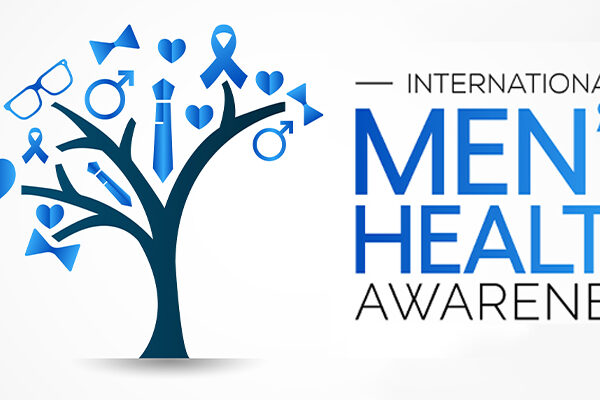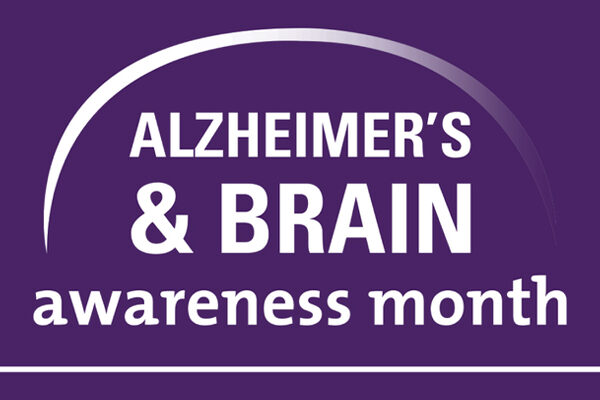Last Updated on October 6, 2023
Overview
According to the World Health Organization (WHO), depression is the leading cause of disability worldwide, accounting for 10% of the global disease burden. Mental health diseases impact people of all ages, genders, and socioeconomic backgrounds. These can cause significant distress, impairment, and even death.
Annually observed on October 10th, World Mental Health Day provides a worldwide stage to raise awareness of mental health concerns, endorse mental well-being, and champion improved mental health services and support. As we observe this significant day in 2023, it is important to focus on the state of mental health worldwide, what challenges individuals experience while dealing with mental diseases, and the available treatment and support systems.
This article will delve into the various aspects of mental health, the significance of World Mental Health Day 2023, and the management options available to those struggling with mental health conditions.
Defining Mental Health and World Mental Health Day 2023
What is Mental Health?
The term “mental health” refers to an individual’s emotional, psychological, and social well-being. It refers to an individual’s ability to handle stress, establish meaningful relationships, work productively, and make decisions. Good mental health is not merely the absence of mental illnesses but also the presence of positive attributes like resilience, self-esteem, and the ability to cope with life’s challenges.
On World Mental Health Day 2023, we underscore the significance of this integral aspect of the human experience. It is not just a day; it is a call to action—to recognize, understand, and advocate for mental wellness.
Common Mental Health Conditions
Mental health conditions are diverse and can affect individuals from all walks of life. Some of the common mental health conditions include:
Major Depressive Disorder:
Characterized by persistent feelings of sadness, despair, and loss of interest or excitement in activities.
Also read: Understanding MDD: Your Guide to Depression Treatment
Participate in depression clinical trials.
Anxiety Disorders:
Including generalized anxiety disorder, panic disorder, social anxiety disorder, and specific phobias, these conditions involve excessive worry, fear, or anxiety.
Bipolar Disorder:
A condition that is marked by extreme mood swings, including periods of mania and depression.
Participate in bipolar disorder clinical trials.
Schizophrenia:
A severe mental disorder that affects an individual’s thinking, emotions, and behavior.
” Quiz: Do I Have Schizoid Personality Disorder? “
Obsessive-Compulsive Disorder (OCD):
Characterized by recurring, unwanted thoughts (obsessions) and repetitive behaviors (compulsions).
Participate in obsessive-compulsive disorder clinical trials.
Post-Traumatic Stress Disorder (PTSD):
Often experienced after exposure to a traumatic event, leading to symptoms like flashbacks, nightmares, and severe anxiety.
Eating Disorders:
Often conditions like anorexia nervosa, bulimia nervosa, and binge-eating disorder involve unhealthy eating behaviors and distorted body image.
Substance Use Disorders:
These include addiction to substances like alcohol, drugs, or prescription medications.
World Mental Health Day
The History of World Mental Health Day: World Mental Health Day 2023 & Beyond
World Mental Health Day was first observed in 1992, with the purpose of raising awareness of mental health issues and promoting measures to manage them. The day provides an opportunity to advocate for mental health policies, get rid of the stigma, and promote open discussions about mental health.
This year, 2023, the theme for World Mental Health Day is “Mental health is a universal human right” — providing communities and people around the world to unite, promote and protect everyone’s mental health as a universal right.
Every year, World Mental Health Day is associated with a different theme that focuses on different aspects of mental health. These themes aim to promote awareness, education, and action.
Some previous themes include:
2022 – “Make Mental Health & Well-Being for All a Global Priority”: Addressed disparities in access to mental health services and the impact of inequality on mental health.
2021 – “Mental Health in an Unequal World”: Addressed the effects of the COVID-19 pandemic on mental health and the significance of mental health care for all.
2020 – “Mental Health for All: Greater Investment – Greater Access”: Emphasizing the importance of increasing mental health service funding and accessibility.
2019 – “Mental Health Promotion and Suicide Prevention”: Raising awareness of the crucial link between mental health promotion and suicide prevention.
2018 – “Young People and Mental Health in a Changing World”: Focusing on the mental health issues that young people encounter in this fast-paced world.
These themes highlight the multifaceted characteristics of mental health and the importance of a holistic approach to addressing associated challenges.
Management and Support for Mental Health Conditions
Holistic Approaches to Treatment
World Mental Health Day 2023 highlights the need for holistic approaches to mental health treatment. Psychotherapy, medication, lifestyle changes, and community support all contribute to the comprehensive care of people suffering from mental health illnesses.
Psychotherapy and Counseling
Psychotherapy, in its variety of forms such as cognitive-behavioral therapy (CBT), dialectical-behavior therapy (DBT), and mindfulness-based therapies, provides people with a platform to explore and address their mental health concerns. A collaborative relationship between individuals and mental health professionals is an important cornerstone of establishing effective treatment.
Medication and Psychopharmacology
On World Mental Health Day 2023, we acknowledge the efforts of psychopharmacology in providing effective treatment options. Pharmacological interventions play a vital role in managing certain mental health conditions. Antidepressants, mood stabilizers, antipsychotics, and anxiolytics are recommended based on the specific needs and diagnosis of the individual. Close coordination between healthcare practitioners and patients is required to achieve a careful balance of benefits and potential adverse effects.
Peer Support and Self-Help
Peer support groups and self-help strategies offer individuals a sense of community and shared experiences. These avenues empower individuals to actively participate in their mental health journey and provide insights that complement professional approaches.
Lifestyle Changes and Well-being Practices
The significance of lifestyle factors when taking into account mental health cannot be overstated. Regular exercise, a nutritious diet, sufficient sleep, and stress management all contribute to overall well-being. Incorporating these practices into daily life enhances the resilience required to navigate the obstacles that come with mental health conditions.
Mental Health Clinical Trials: Leading Innovation
The Role of Clinical Trials in Mental Health
World Mental Health Day 2023 directs our attention to the pivotal role clinical trials play in advancing our understanding of mental health disorders and finding novel treatment approaches. These trials are well-structured, scientifically rigorous investigations that evaluate the safety and efficacy of interventions ranging from new medications to therapeutic approaches.
Advancements in Treatment Protocols
Clinical trials have aided in the development of breakthrough treatments for mental health conditions. From the refinement of existing medications to the exploration of novel therapeutic avenues like ketamine-assisted therapy and transcranial magnetic stimulation (TMS), these trials contribute to the ever-expanding toolkit available to mental health professionals.
Inclusive Participation and Ethical Considerations
Ensuring diverse and inclusive participation in clinical trials is important to the generalizability of findings. Informed consent and preserving participant well-being are important ethical considerations in the conduct of mental health clinical studies.
Also read: Opportunity to Improve Research: Clinical Trial Diversity
Ongoing Research Areas
Ongoing mental health research spans a broad spectrum of topics, including investigations into the neurobiological basis of mental illnesses, the development of personalized treatment plans, and the investigation of interventions that go beyond traditional medical models, such as art therapy and nature-based therapies.
Summary
World Mental Health Day 2023 is not merely a commemoration but a call to action, encouraging individuals, communities, governments, and organizations to prioritize mental health. Understanding the diverse picture of mental health disorders, addressing the global mental health crisis, and embracing innovative solutions through clinical trials are all part of the journey toward mental health equity.
As we reflect on the significance of this day, let us envision a world in which mental health is taken care of with the same urgency and empathy as physical health. By fostering understanding, eradicating stigma, and championing evidence-based interventions, we can pave the way for a future where mental health conditions are met with compassion, support, and a myriad of effective treatment options. Together, we embark on a journey towards a world in which every individual has the chance to achieve mental well-being and live a meaningful life.




